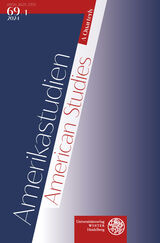Autor: Johannes Voelz
- «
- 1
- »
Die Suche erzielte 6 Treffer.
In the Future, Toward Death Beitrag open-access
Finance Capitalism and Security in DeLillo’s ‚Cosmopolis‘
Reviews - Amerikastudien 59/2 (2014) Rezensionen open-access
Reviews - Amerikastudien 59/4 (2014) Rezensionen open-access
Reviews - Amerikastudien 59/1 (2014) Rezensionen open-access
Ralph Waldo Emerson and the Dual Economy of Recognition Beitrag open-access
- «
- 1
- »
